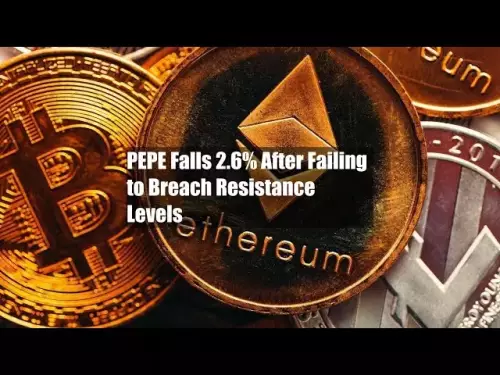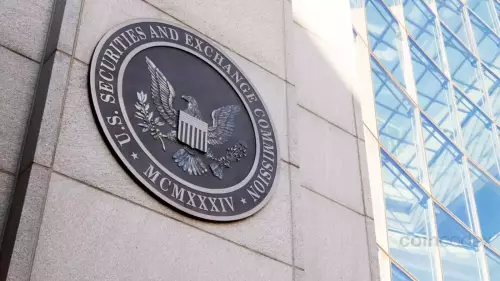F2Pool's Chun Wang dismisses quantum computing fears for Bitcoin, emphasizing network latency. This article explores the intersection of BTC, quantum computing, and F2Pool's perspective.

BTC, Quantum Computing, and F2Pool: Is Bitcoin Ready for the Quantum Age?
Chun Wang of F2Pool isn't sweating quantum computers cracking Bitcoin anytime soon. He's more concerned with making Bitcoin faster. Let's dive into why this matters and what it means for the future of BTC.
Quantum Computing: A Distant Threat or Imminent Danger?
Recent buzz around quantum computing advancements from tech giants like Google, Microsoft, and IBM has sparked worries about Bitcoin's SHA-256 algorithm. Will quantum computers render Bitcoin's cryptography obsolete? Wang isn't convinced. He argues that the technology is still a long way off from posing a real threat. According to Wang, those fretting over quantum attacks probably "never written a single line of quantum code."
F2Pool's Perspective: Focus on the Present
Wang emphasizes prioritizing Bitcoin's current challenges, specifically network latency. He believes that by the time quantum computers pose a genuine threat, Bitcoin will have evolved to withstand it. His space mission further solidifies his vision of Bitcoin as a key player in future interplanetary settlements. He confidently stated that Bitcoin must be the currency for space settlements, not some fleeting altcoins.
The Bigger Picture: Bitcoin in an Interplanetary Civilization
Wang envisions Bitcoin as the currency of choice for future space settlements. He believes that the focus should be on ensuring Bitcoin's functionality and resilience in these environments, rather than fearing hypothetical quantum attacks. This forward-thinking perspective highlights Bitcoin's potential beyond earthly applications.
My Take: A Balanced Approach is Key
While Wang's confidence is reassuring, ignoring the potential threat of quantum computing entirely would be unwise. The crypto exchanges are facing rising risks from exploits, urging real-time security, MPC key management, and AI monitoring to prevent massive losses. The most long-term challenge may come from quantum computing. Algorithms like Shor’s could break today’s cryptographic signatures, enabling attackers to forge transactions or steal funds. Even before that, attackers are already collecting encrypted data today in hopes of decrypting it later. A balanced approach involves acknowledging the long-term risks while focusing on immediate improvements to Bitcoin's network and scalability. Quantum-safe cryptography should be on the roadmap, but it shouldn't overshadow the pressing need for faster transactions and lower fees.
Conclusion: Bitcoin's Future is Bright (and Hopefully Quantum-Resistant)
So, should we all panic and sell our BTC because of quantum computers? Probably not. But it's good to know the smart folks at F2Pool are thinking about the future, even if they're more focused on Mars than quantum physics right now. After all, a little bit of pragmatism never hurt anyone. And who knows, maybe by the time we're all living on Mars, Bitcoin will be quantum-proof. Until then, let's just enjoy the ride!
Disclaimer:info@kdj.com
The information provided is not trading advice. kdj.com does not assume any responsibility for any investments made based on the information provided in this article. Cryptocurrencies are highly volatile and it is highly recommended that you invest with caution after thorough research!
If you believe that the content used on this website infringes your copyright, please contact us immediately (info@kdj.com) and we will delete it promptly.














































































